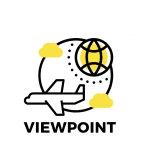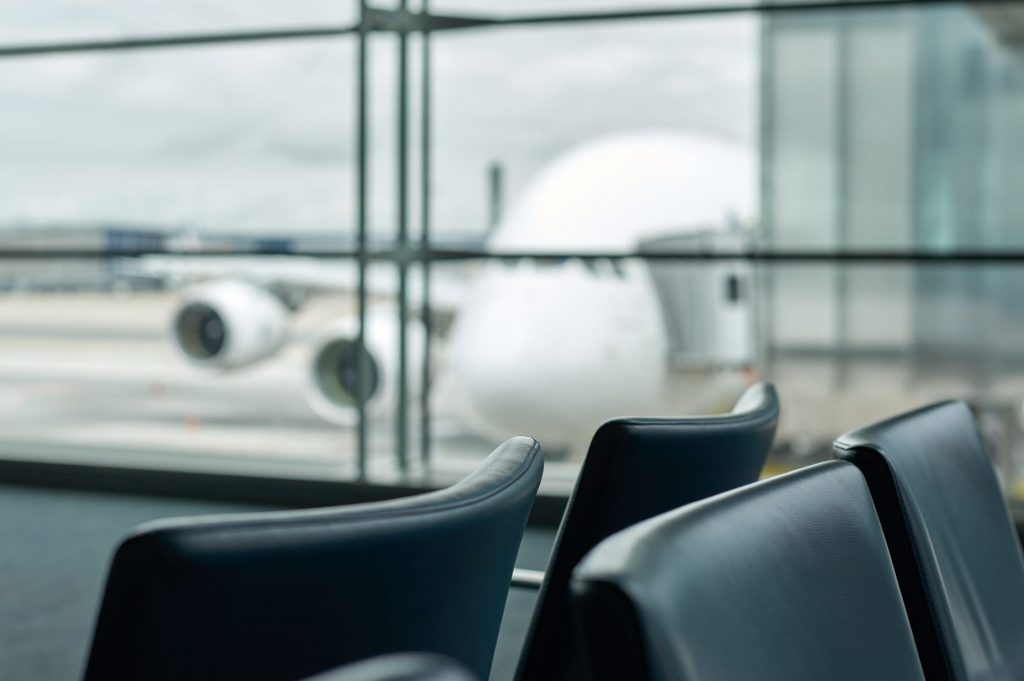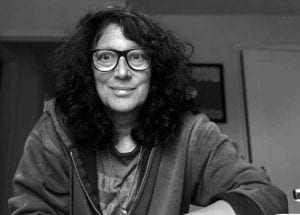Skift Take
Americans must make tough sacrifices to get our vacations back. It's not fun, but it's the right thing to do — and the fastest way to start traveling again.

For our Viewpoint series, Skift invites thought leaders, some from the less obvious corners of travel, to join in the conversation. We know that these independent voices are important to the dialogue within the industry. Our guest columnists will identify and shape what global trends and through lines will define the future of travel.
The Houston Chronicle recently ran a story about swank local road trips. That same week the paper ran a story about how Houston’s emergency rooms were at capacity thanks to Covid. The whole thing made my head spin. While Americans go about summer vacation as usual, our infection rates continue to rise, even though we know staying home lowers transmission of the disease and decreases the load on health services.
We can travel. we can book a plane ticket and a hotel room and in some places, we can eat in restaurants. In some places, we can go to the movies or the mall or Disney World.
I’m not interested in what we can do. I’m concerned about what we should do. That means we all have an ethical choice to make when it comes to travel.
You Do Not Need a Vacation
There’s a case to be made for some travel. Travel to support family isn’t always optional. Business travel is problematic, and we have proven much of it unnecessary, but I’ll concede there’s some essential business travel.
But what about Americans taking vacations?
The questions I have are global, but New Zealand aggressively flattened its curve so the answers there are different. For the sake of not going insane, let’s narrow the scope to Americans who skip out for a domestic beach weekend or summer road trip. Let’s focus on Americans who travel because we want to, not because we “have” to.
I don’t care how much you “need” a vacation. You do not “need” to go to the Outer Banks or the Gulf Coast or Mendocino or Jackson Hole. You can not convince me otherwise, don’t try.
Just the Facts
Science tells us a lot about what’s safe; it helps us mitigate risk. Science tells us to get vaccinated for measles, mosquitoes carry malaria, some cancers can be cured, even. So far, science says if we all wear masks and distance, we drastically reduce our risk of getting Covid-19. Science tells us coronavirus is essentially spread by us breathing on each other over extended periods of time, with the risk being higher when we’re indoors. This stuff, it’s just the facts, ma’am, and it’s without moral judgement. When people wear masks, distance, and/or stay outside, transmission rates are lower than when they don’t. When people isolate themselves from others, transmission rates are lower than when we socialize as usual. Facts.
Ethics considers the implications of our actions when we apply — or don’t apply — the science. Science tells me my mask slows the transmission of Covid-19. My moral compass tells me, a person who defers to science (though science doesn’t care if I believe in it or not), slowing the spread of coronavirus is the right thing to do.
Fraught With Complications
When I consider vacations in the time of coronavirus, I think about what I’m asking people to do for me. Using a hotel or holiday rental creates the need for check-in and housekeeping services. When I travel, I want restaurants and food service. If I fly, I must clear security and board a plane with a full crew. I may need a rental car or I can choose public transportation. Any activity has staff: tour guides, ticket takers, the guy driving the shuttle for the river float. The mascot in a Goofy costume at Disney World may be safer from exposure than a janitor cleaning the restrooms, but they’re both putting themselves at some level of risk so I can enjoy the Magic Kingdom.
It’s easy to think vacations are a good thing because they create jobs. It’s easy to rationalize things we think are fun But vacations also create dozens of contact points. And they show a real lack of consideration for workers, for the woman who cleans the Adventureland restroom. It’s unethical to require a worker put herself repeatedly in a high risk situation just because I want to visit the Enchanted Tiki Room.
What if I take my crew to the coast or a remote town instead? We’ll get an Airbnb on the Oregon coast or West Yellowstone or the Blue Ridge Mountains. We’ll support small town businesses and outdoor recreation.
Nope.
We still don’t have reliable rapid testing. I can’t guarantee I’ll arrive at my destination Covid-19 free. If I get sick, I may divert valuable resources away from residents. Flattening the curve isn’t just about keeping case numbers low, it’s about conserving resources. If my mutli-generational reunion requires coronavirus care, we may tap out what’s available locally — and expose a place where there had been few cases.
Self-contained travel away from other people seems the only way to minimize not only my risk but the risk I’m expecting other people to take on. RVs are hot right now (though see above about potential impact on small towns), and once I’m more than a mile away from the trailhead, crowds diminish markedly. If the backcountry is calling you, now’s the time. The key is to minimize all interactions with others outside your household. Backcountry travel is physical distancing to an extreme.
Everything, anything else feels fraught with complications. Everything else feels unethical.
The Fastest Way to Get Our Vacations Back
We should stay home.
Travel has long thrived on exploitation; coronavirus adds a new and potentially fatal layer. We reopened our businesses too soon and we’re paying the price with public health. We are being selfish and unethical by acting like it’s just another American summer. We are not doing workers a favor by insisting they pull us a frosty cold one at the bar, we will not save B&Bs by insisting they serve us while we sicken the staff.
Our government refuses to lead with science or ethics, so we must do so ourselves. The science says if we wear masks, practice distancing, and limit our movement, we can get coronavirus under control.
Embracing science isn’t just smart, it’s ethical, too, and the fastest way to get our vacations back.
Pam Mandel is a co-founder of The Statesider, a newsletter about American travel. Her memoir, The Same River Twice, comes out this fall.
The Daily Newsletter
Our daily coverage of the global travel industry. Written by editors and analysts from across Skift’s brands.
Have a confidential tip for Skift? Get in touch
Tags: coronavirus, travel, vacations, viewpoint
Photo credit: Americans are free to travel, but do they have a moral and ethical obligation not to. Denys / Adobe

